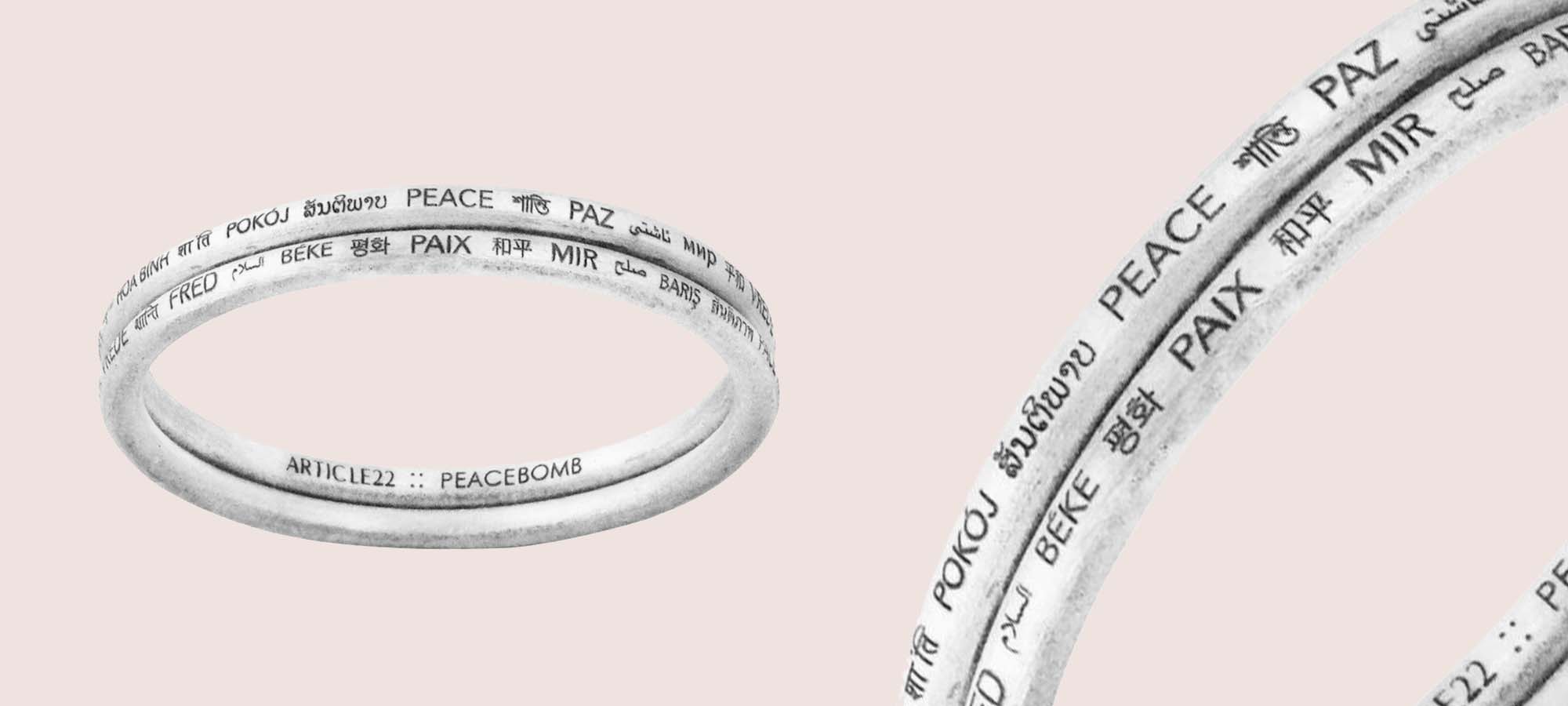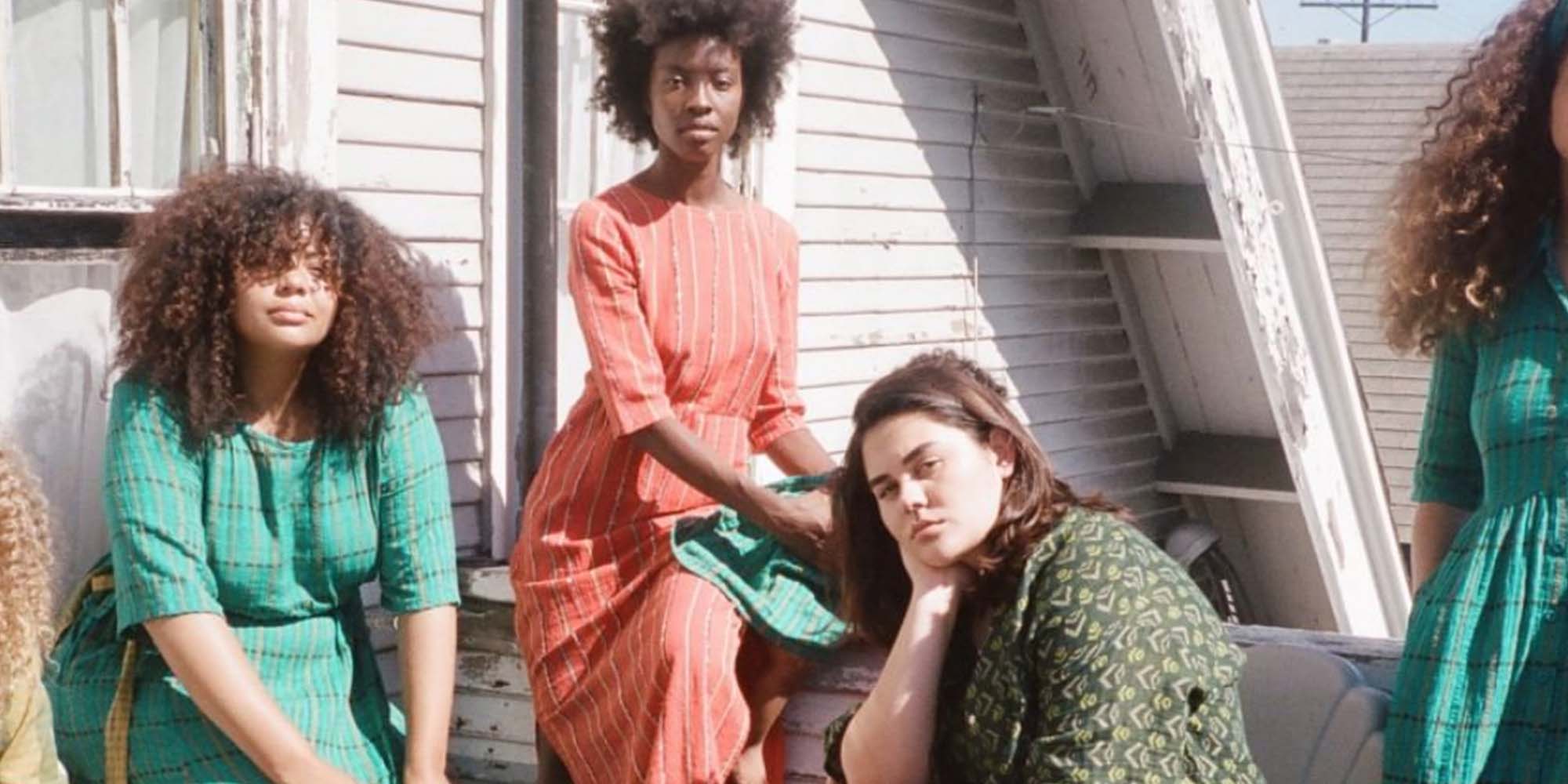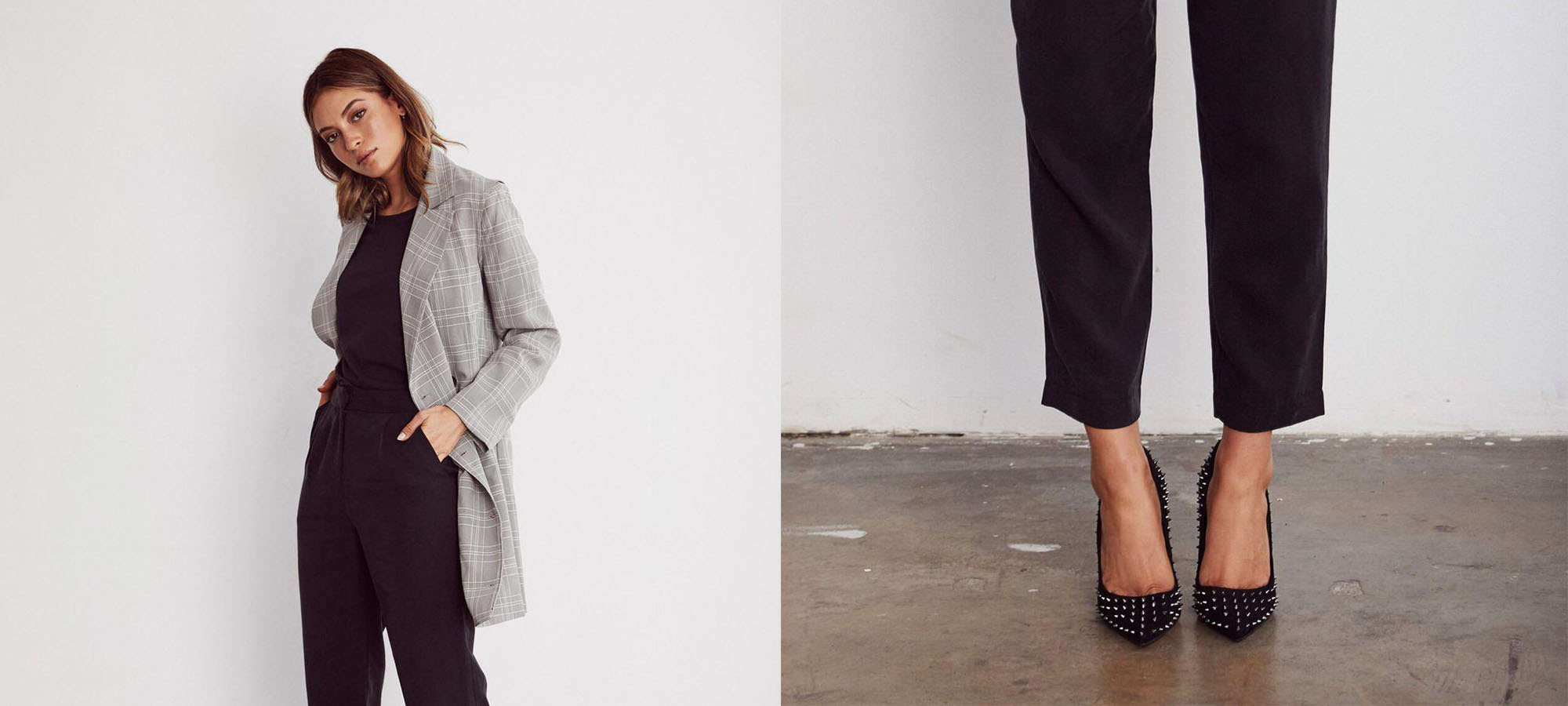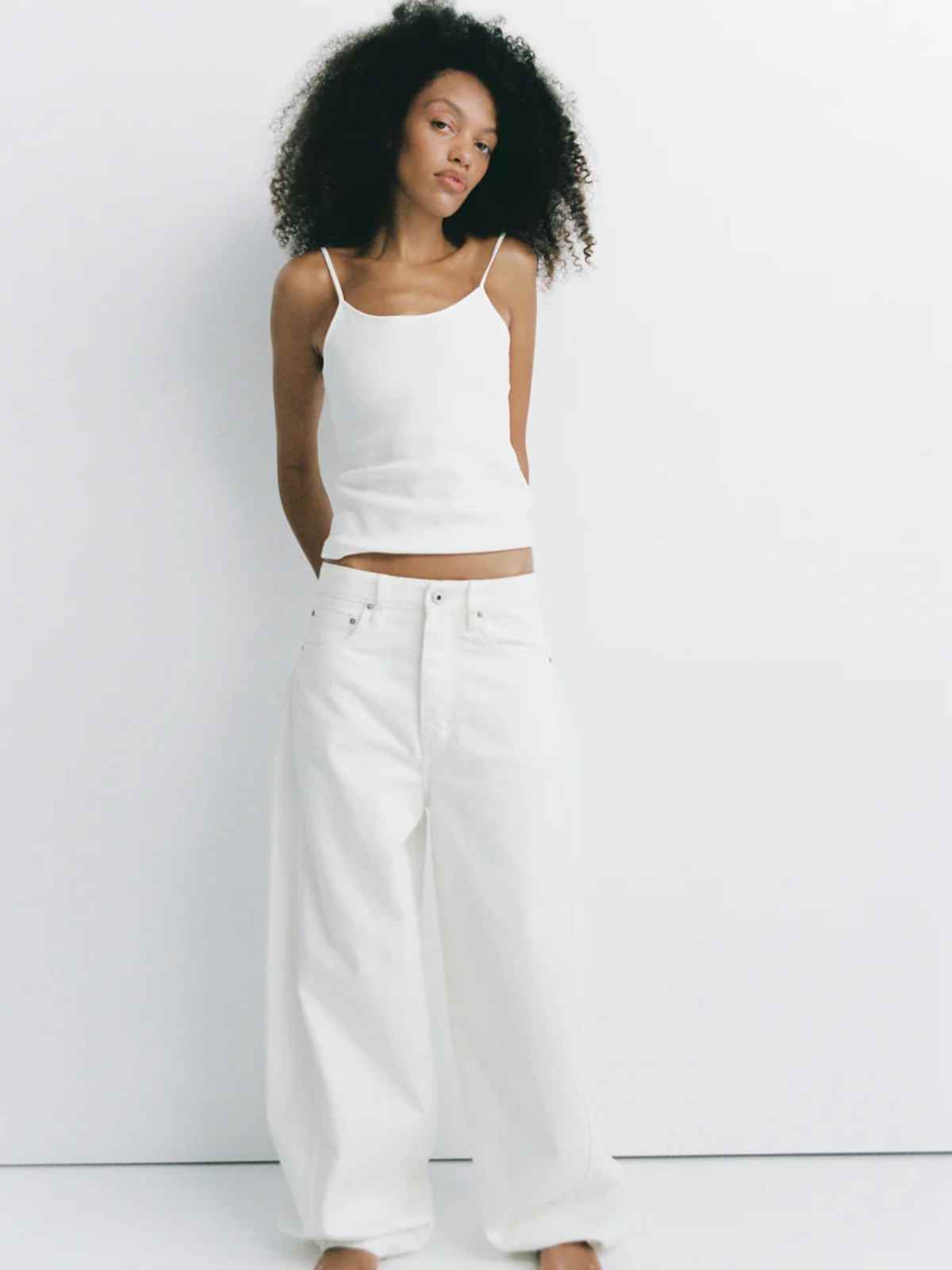So you’re faced with the paradox of never having anything to wear, all while battling an overflowing wardrobe that somehow continues to snowball in defiance of the fact that you haven’t been shopping in six months. It’s the dreaded ‘mound’: the ill-fitting, ill-advised fashion of yesteryear you can barely remember liking, let alone buying. It’s a familiar scene for a lot of us.
It’s time for a wardrobe purge. But what to do with the piles of newly-orphaned clothing?
If you’re anything like the average consumer, you’ll probably donate it to one of the thousands of clothing bins or charity shops across the globe. But is this really the most sustainable option, or could your generosity be doing more harm than good?
It’s been reported that just ten countries dominate the market for retail purchasing, with China in the lead and the US not far behind. This dubious honour is even more concerning given that the textile industry is one of the most polluting in the world—and that our main method of textile disposal is landfill. But how is this possible, if so many of us recycle unwanted clothing via donation?
The golden rule of clothing donation is this: if items aren’t fit for you to wear, they’re often not fit for anyone else. Charity stores have massive problems with receiving soiled, torn, or otherwise unsuitable textiles that can’t be sold or given away. In some cases, charities are even forced to spend money sorting and disposing of this material, of which an estimated 25% goes directly to landfill. An additional 40-50% is exported into the problematic global second hand clothing trade, where it swamps the local textile market of countries such as Ghana. Exported textile donations even end up being buried or burned in such countries.
Of course, we aren’t suggesting you stop donating clothing to charities entirely—when textiles are successfully recycled by organisations like the Red Cross and Goodwill, we not only avoid adding to landfill, but save the large amount of energy and water that goes into the production of new garments. The key is how and what we donate, so always check charity donation guidelines before giving if you’re feeling iffy. You can be sure your donations will get a second life by being more selective, for example by taking them directly to your local women’s shelter or finding garment-specific charities to take, say, that old formal gown you wore once off your hands.
As well as being mindful with your donations, there are numerous things you can do to get more mileage out of your clothing and make sustainable, slow fashion choices. For example, why not get on board with:
Mending your own clothing
Why spend money on vintage ripped denim when all the tools to rescue your own are right in front of you? Charity clothing stores usually don’t accept ripped or damaged clothes, so these are prime culprits for becoming landfill. So save your money and the planet by having damaged clothing mended or repaired, or better yet, learn to do it yourself! See this helpful article by 1 Million Women for tips on how to go about this and more.
Upcycling
Take D.I.Y fashion a step further and release your inner designer with upcycling. Upcycling has been embraced by artisans, fashion companies, and individuals alike, and involves taking an unwearable garment and refashioning a new product out of it. For inspiration, check out some of our favourite upcycling labels like Article 22, The Social Studio, and Les Récupérables, and see these 7 creative ways to upcycle your old clothes!

























